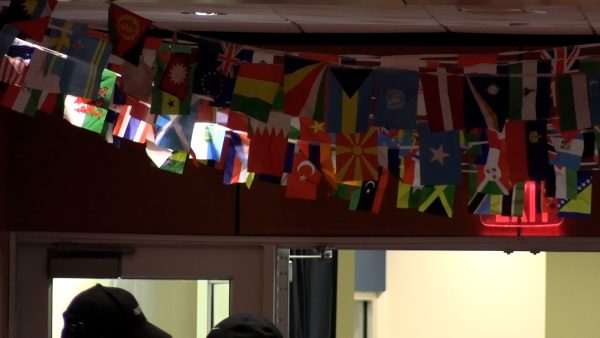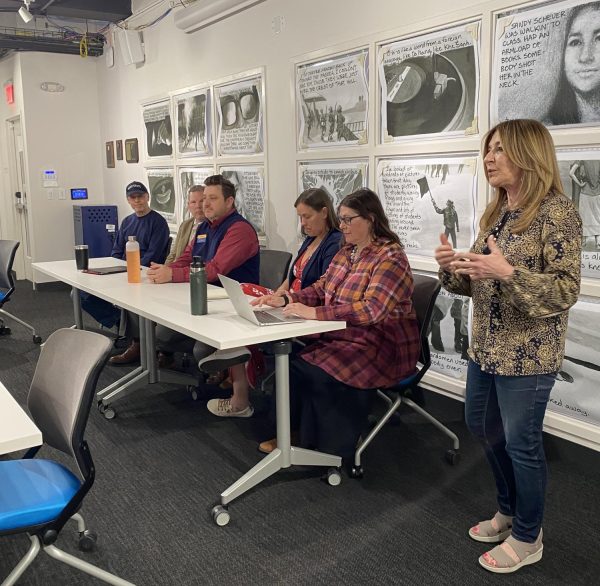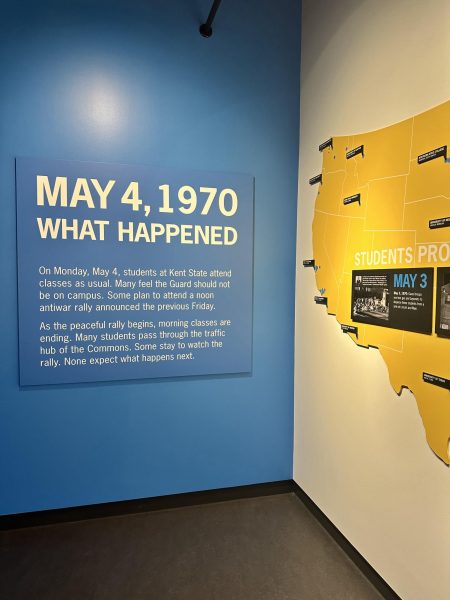Want to ‘go Greek’? Here’s what you need to know
August 20, 2013
Only about 7 percent of Kent State students ‘go Greek‘ — but the university’s fraternities and sororities are tight-knit communities.
The first week of the school year is recruitment time. Members of Greek organizations spread awareness about their fraternity or sorority.
Kent State offers a diverse community of fraternities and sororities. Last year, approximately 550 students chose to ‘go Greek,’ said Meredith Bielaska, assistant director for Greek Affairs.
Greek life makes up 7 percent of the student population on the Kent campus, Bielaska said.
The Greek community is split into three different groups: the Interfraternity Council (IFC), the Panhellenic Council (PHC) and the National Pan-Hellenic Council (NPHC).
Fraternities are all-male organizations, sororities all-female groups. The NPHC organizations are a group of seven fraternities and sororities historically composed of African-American students.
ADVANTAGES
Because each organization has chapters all over the world, members will always be able to find a “brother” or “sister” anywhere they might go. This Greek siblinghood allows for a lot of networking opportunities, Battle said.
Tripi believes being a member of a Greek organization has benefits that are way beyond that of making new friends.
“The international and national offices of each Panhellenic organization have leadership programs that are fully funded,” Tripi said. “There are also scholarship opportunities, emergency relief funds, leadership and chapter conferences and opportunities to network with other sisters around the country.”
PILLARS
The four pillars that define the Greek community are brotherhood and sisterhood, philanthropy, leadership and scholarship.
“Our organizations are charitable organizations at heart, and giving back is a huge part of being Greek,” Lierenz said.
These pillars are the core values that drive the Greek community, Bielaska said.
“We challenge students to work together within a team, and because we are a values-based organization, we challenge students to think about their own personal value structure,” Bielaska said. “We believe in setting high scholarship expectations, elevating ourselves beyond what we initially thought we could do as individual organizations and as a whole. We try to better ourselves and our community through scholarship and philanthropy.”
Contact Christina Bucciere at [email protected] .

























